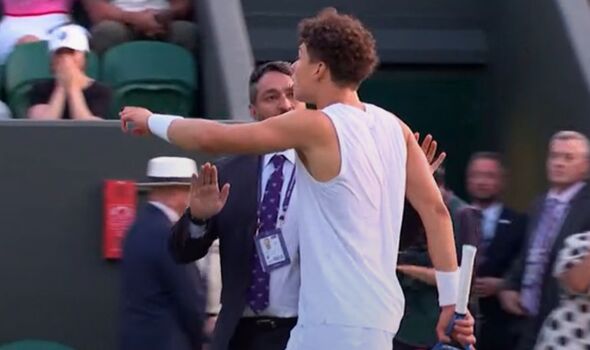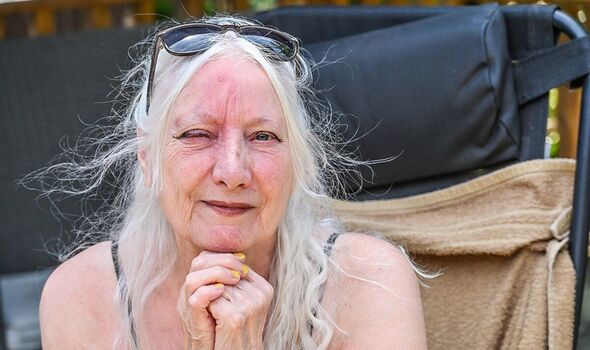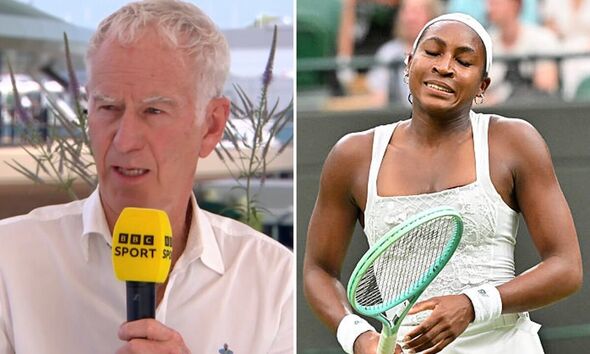In order to ascertain whether it is right that the world’s most significant
football tournament should be held in Russia in 2018, it is sufficient
simply to ask this question of Sepp Blatter and his apologists at Fifa: what
happens if Ukraine qualifies?
How can a nation which is being eviscerated by Russian expansionism possibly
send its sporting representatives to compete in Moscow or St Petersburg? How
would Poland, for that matter, currently in the process of stockpiling old
American cruise missiles just in case Russian ambition is not restricted to
Kiev, feel if it too made it through the qualification process?
It is not just Poles and Ukrainians, either. Not many of those who qualify
from Africa, South America, or Asia, or indeed those European countries that
field multi-ethnic selections, will be made to feel welcome. Last week,
supporters of the Russian champion club CSKA Moscow rioted in the Olympic
Stadium in Rome. In a place not renowned as being at the forefront of
tolerance, they were apparently affronted by the diversity exhibited by
their hosts. Black faces in the opposition team provoked them into attacking
the local police.
So it is this week, for the third time in a calendar year, CSKA are to be
sanctioned by Uefa because of the racist behaviour of their fans. So
unpleasant is the footballing experience at CSKA that the home fixture in
the Champions League against Bayern Munich next Tuesday is to be played
behind closed doors. On Oct 21, Manchester
City will be playing there. The very club whose player Yaya Touré
was horribly targeted by racists in the crowd when the teams met last season.
Just last Monday, former Blackburn and Queens Park Rangers defender
Christopher Samba asked to come off at half time during the Moscow derby
between Dynamo and Torpedo because of racist abuse from the latter’s fans.
Unfortunately even to raise objection to the idea that a competition as
meaningful and important as the World Cup should be staged in a country
currently administered over by a regime with all the ethical integrity of
Vito Corleone and home to an openly racist football culture is to unleash
accusations of motivation by sour grapes. That will doubtless be Blatter’s
assertion: we only make a fuss because England lost out on the 2018 hosting
action.
That is to ignore the fact that there are not many in Germany, France, Spain,
Holland or anywhere else relishing the thought of engagement with a place
where for a journalist even to ask a question of the ruling powers is to
risk being found face down in a frozen lake three months later.
Call them oversensitive, Mr Blatter, but the fact is most of the civilised
footballing world would prefer not to participate in a competition staged by
a government currently marshalling tanks on its border with a beleaguered
neighbour. Or in a place where to be black and dare to play football is to
be greeted by coordinated monkey chants from the stands.
There is, however, one thing Fifa could do to unpick the increasingly tangled
web in which it finds itself. We know how much President Putin wants the
World Cup. We saw how much money he poured into the Sochi Winter Olympics in
order to communicate the message to the world that Russia was an organised,
modern, efficient society. That is the purpose of hosting major sporting
competition: the opportunity it delivers for bolstering image. World Cups
and Olympic Games are now not much more than geo-political advertising
hoardings.
The fact is, if Blatter, the self-styled Mr President of Fifa, fancies his
organisation as a substantive political force, he should use its most
significant property as leverage. Never mind the west freezing oligarch’s
assets or issuing restrictions on travel. If the civilised world really
wanted to bring Putin’s covetous expansionism to heel, then the best weapon
at its disposal would be to threaten to withdraw the right to host the 2018
World Cup. Nothing else would concentrate Kremlin minds like it.
And if the Russian state doesn’t back down on its bullying of its western
neighbour, then there is time yet to reorganise the competition in
Australia, the United States, Japan or western Europe. The truth is, there
would not be many unhappy to see the 2018 World Cup played somewhere –
anywhere – other than Russia.




